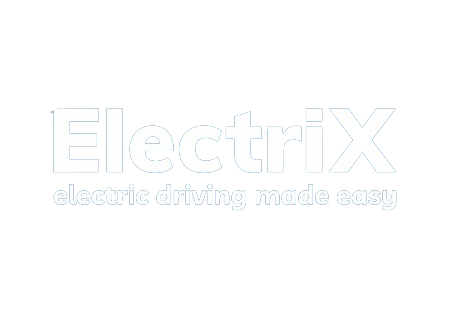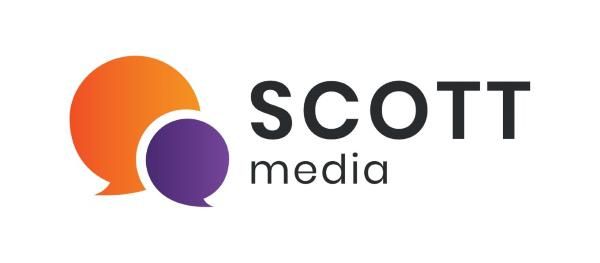THE SPRING ‘MINI BUDGET’ STATEMENT – AND WHAT IT MEANS FOR BUSINESS & US
Today the Chancellor Rishi Sunak delivered his Spring Statement as we all face a cost of living crisis, rising interest rates and rising rates of inflation. In fact inflation now stands at 6.2 per cent, its highest rate for 30 years and it’s predicted to rise to 7.4 per cent.
We’re currently seeing the biggest fall in the standard of living since 1955. Even today the cost of crude oil went up to around $121 per barrel, a rise of 25 per cent in one week so the implications of that are that the 5p reduction in fuel duty announced today will be negated very quickly.
In just a few days, most people’s energy bills will increase by at least 54 per cent, and those in Wiltshire who heat their homes with oil have experienced a significant rise in the cost per litre of oil. Further increases are predicted to hit in the autumn.
This Statement focussed heavily on the consumer rather than the business community - there was very little for the business community to cheer about.
Fuel duty was cut by 5p a litre for a year, green measures for the home was made zero VAT which is great for anyone considering installing solar panels (which, however, require hefty upfront investment of at least £10,000), and the National Insurance threshold was raised by £3,000 meaning workers can now earn £12,570 before paying NI. Employers were given no concessions on this though and the NI rate will still rise.
There was also a pledge to cut the basic rate of income tax from 20p in the pound to 19p by 2024 – in other words, not right now. Perhaps around the time of the next General Election? Who knows...
For businesses, there was not much to shout about. While those which rely heavily on fuel will welcome the fuel duty cut, the underlying rises will not remove their worries around affordability.
While the Employment Allowance has been lifted to £5,000 that doesn’t help micro businesses which don’t have staff, many of which were hit very hard by the pandemic as they got little or no support. Smaller businesses in the retail, hospitality and leisure sectors will see discounts on business rates too.
In the detail, there was a pledge to extend and reform the R&D tax credits – it’s not clear what that will actually mean.
Chris Blackwell is a director of Swindon’s leading independent mortgage advisers TED Mortgages. He said:
“The only item which was housing or mortgage related was the move to 0% VAT on energy saving material purchases such as solar panels, heat pumps etc. This is a positive move to encourage people to make environmentally friendly investments into their property.
“This is something mortgage lenders are encouraging by offering special mortgage deals for properties with a higher EPC rating and I am sure we will see more in this area in the coming years.
“The big announcements were the 5p per litre fuel duty cut, the NIC's threshold increasing to £12,570 and the reduction in basic rate tax from 20% to 19% by 2024. In the current cost of living crisis these changes will help millions of people although I doubt it will be enough when considering the cost of everything is rising. These changes will bridge a part of the gap but there will still be a significant chasm.
“The longer term prospects of unemployment remaining low, national debt/borrowing reducing and inflation to be under control by 2024 sounds promising however we have to be cautious with the underlying concern on how the war in Ukraine will develop, how long it will go on for and the longer term impacts of it.”
Liz Hutchings, founder of Total Guide to said:
"In my opinion Rishi has done what he can to help lower earners while still managing the huge debt we have.
"Cutting the fuel duty will obviously help businesses in the immediate days but the 1.2% rise in NICs are going to hurt business owners although this blow is softened for employees by the raising of the threshold to £12,570."
Kyle Raffo runs Embello, a printing and merchandise company in the Midlands and works with clients across the UK.
He said:
"The newly-announced fuel duty cut will allow us to continue offering our range of services across the UK. Without this, we would have to cease providing a nationwide installation with our products due to the rapidly increasing fuel costs.
"As a business owner, I'm pleased to see that those working hard in our company will benefit from the largest single personal tax cut in a decade.
"We're hoping to benefit from the changes to research and development tax credits. This will allow us to further boost productivity and grow our team along the way.:
Martin Gurney, tax partner with Haines Watts Swindon said:
"There was a widely held belief that the Spring Statement by the Chancellor would be relatively benign and, to some extent, the Chancellor did not disappoint in that respect. The Government continues with its strap line that borrowing our way out of difficult times is not the answer, and therefore all budgetary measures announced have to be funded in another way.
"However global economic and political conditions have created supply chain problems and inflationary pressures which the Chancellor recognises is adversely affecting households and businesses.
"Tomorrow is promised to no one, and therefore there is always scope for the Chancellor to retract future changes in the light of prevailing economic conditions, however there has at least been some attempt to alleviate the burden of households and businesses in these challenging times."
Also from Julianne Ponan, CEO of free-from snack brand Creative Nature:
"There was not much there to put a 'spring' in the step of business owners to be honest. There needs to be some help in business rates for growing SMEs which need to move to another level such as moving into larger warehousing premises and we would welcome another type of programme such as the Kickstarter programme."


























